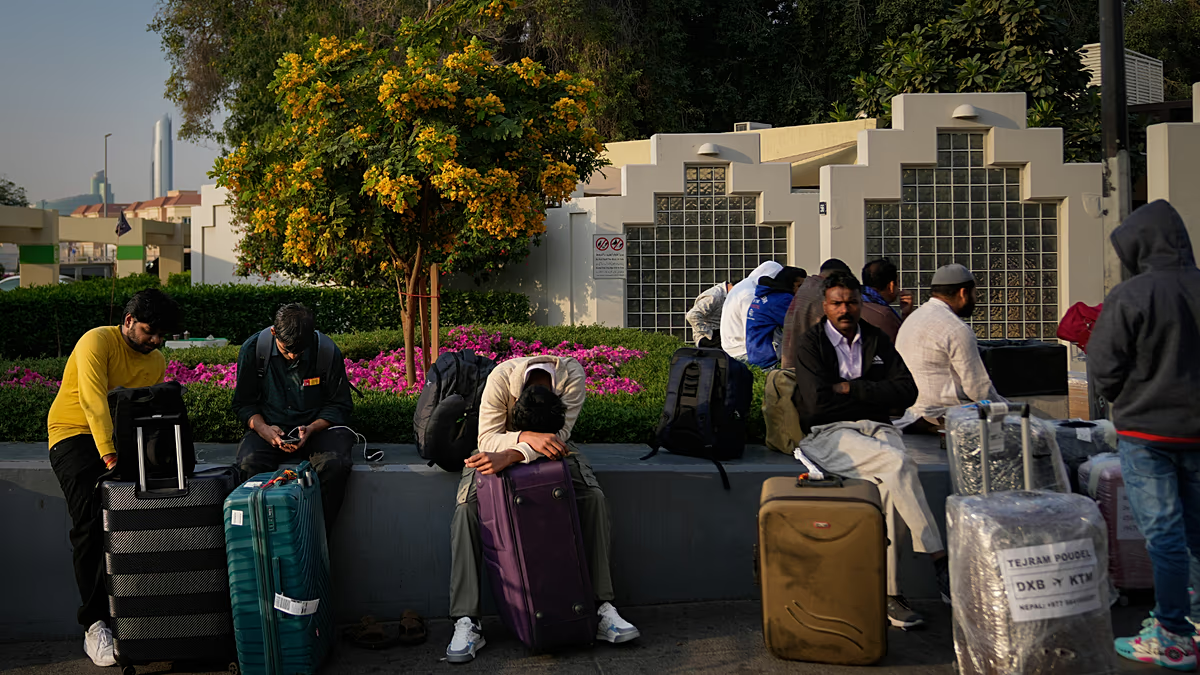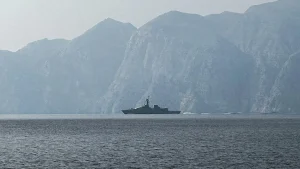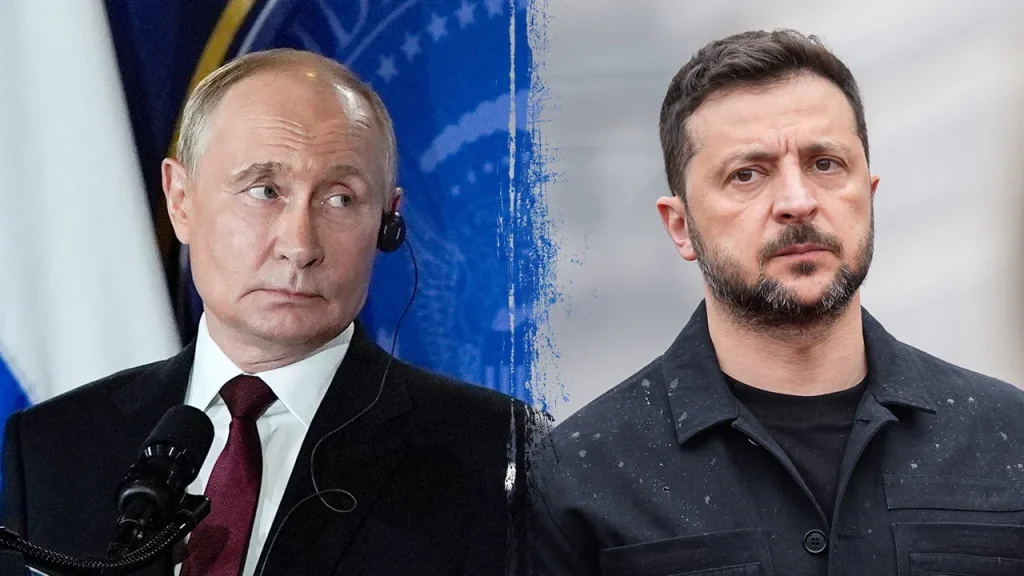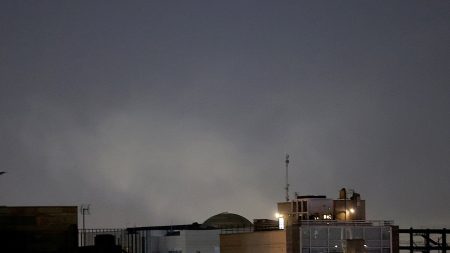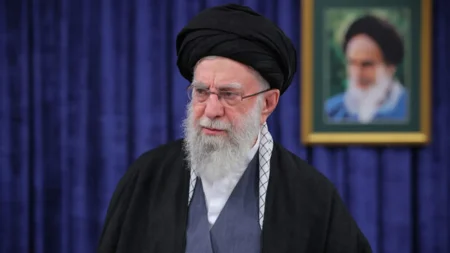Putin Signals Openness to Trump’s Peace Plan Amid Ongoing Ukraine War
In a significant diplomatic development, Russian President Vladimir Putin has expressed willingness to consider former U.S. President Donald Trump’s peace plan as a starting point for negotiations to end the nearly four-year conflict between Russia and Ukraine. Speaking to reporters during his three-day visit to Kyrgyzstan, Putin characterized Trump’s proposal not as a finalized agreement but rather as “a set of issues put forward for discussion.” This potential diplomatic opening comes at a critical juncture in the war, though Putin maintained his hardline stance, stating bluntly that if Ukrainian forces don’t withdraw from contested territories, Russia would achieve its objectives “by force.” The Russian leader’s comments mark one of the first substantive responses from the Kremlin regarding Trump’s recent peace initiative, suggesting a possible, albeit narrow, pathway toward diplomatic engagement.
The war in Ukraine, which began with Russia’s full-scale invasion in February 2022, has created profound geopolitical ripples across Europe and strained international relations. Representative Andy Barr (R-Ky.), a House Foreign Affairs Committee member, framed the conflict as a consequence of perceived American weakness, claiming, “Russia invaded Ukraine because Joe Biden was the weakest president in American history.” Barr further asserted that “Trump’s peace-through-strength leadership kept Putin fully contained,” suggesting the conflict “never would have happened under his watch.” This perspective reflects the partisan divide in American politics regarding the Ukraine crisis, with some Republicans positioning Trump as “the peace president… the only leader who can end this war and bring stability back to Europe.” The ongoing conflict has thus become entangled not just in international diplomacy but also in American domestic politics.
Critics of Putin, however, remain deeply skeptical of his intentions and sincerity regarding peace negotiations. Former world chess champion Garry Kasparov, who has long warned about Putin’s expansionist ambitions, delivered a stark assessment to Polish news network TVP: “Peace under Putin is unachievable for one simple reason: Putin is war — and Russia is gearing up for even more.” Kasparov has consistently criticized NATO, Trump, and the European Union for what he perceives as insufficient support for Ukraine and failure to expel Russian forces from all Ukrainian territory. At the Halifax International Security Forum, Kasparov emphasized the moral debt owed to Ukraine, stating simply, “We owe them everything.” This perspective highlights the profound skepticism among Putin’s critics regarding any Russian overtures toward peace negotiations.
The specific demands Putin has outlined as preconditions for peace reveal the substantial gap between Russian and Ukrainian positions. He has insisted that Ukraine completely withdraw from the entirety of Donetsk, Luhansk, Kherson, and Zaporizhzhia regions—including areas Russia doesn’t currently occupy—before Moscow will consider genuine peace talks. Additionally, Putin demands Ukraine remain outside NATO and host no Western troops, conditions that many analysts believe would effectively bring Ukraine back under Russian influence over time. These maximalist demands stand in stark contrast to Ukraine’s position, which emphasizes territorial integrity and sovereignty. The Institute for the Study of War has challenged Russia’s narrative of inevitable victory, noting that “data on Russian forces’ rate of advance indicates that a Russian military victory in Ukraine is not inevitable, and a rapid Russian seizure of the rest of Donetsk Oblast is not imminent.”
Diplomatic efforts to resolve the conflict continue to evolve, with U.S. special envoy Steve Witkoff reportedly planning to visit Moscow next week, while U.S. Army Secretary Dan Driscoll, who has recently taken a prominent role in peace discussions, may be heading to Kyiv. The American peace proposal has undergone revisions following criticism that initial versions favored Russian demands. A modified version emerged from recent talks in Geneva between American and Ukrainian officials, suggesting ongoing adjustments to find viable diplomatic ground. European leaders, increasingly concerned about their own security amid Russian aggression, are seeking greater involvement in the peace process after feeling sidelined in earlier discussions. This multilayered diplomatic effort reflects the complex stakeholder landscape surrounding any potential resolution to the conflict.
The Ukraine war remains one of the most significant geopolitical challenges facing the international community, with profound implications for European security, global stability, and the post-Cold War international order. Putin’s expressed interest in Trump’s peace plan—qualified though it may be—represents a potential diplomatic opening that warrants careful consideration. However, the substantial gap between Russian demands and Ukrainian sovereignty concerns, combined with the deep skepticism of Putin’s critics and the complicated domestic politics in the United States and Europe, suggests that any path to lasting peace remains fraught with challenges. As diplomatic efforts continue through various channels, the humanitarian cost of the conflict continues to mount, highlighting the urgent need for a resolution that respects international law and Ukraine’s sovereignty while providing sustainable security for all parties involved.
